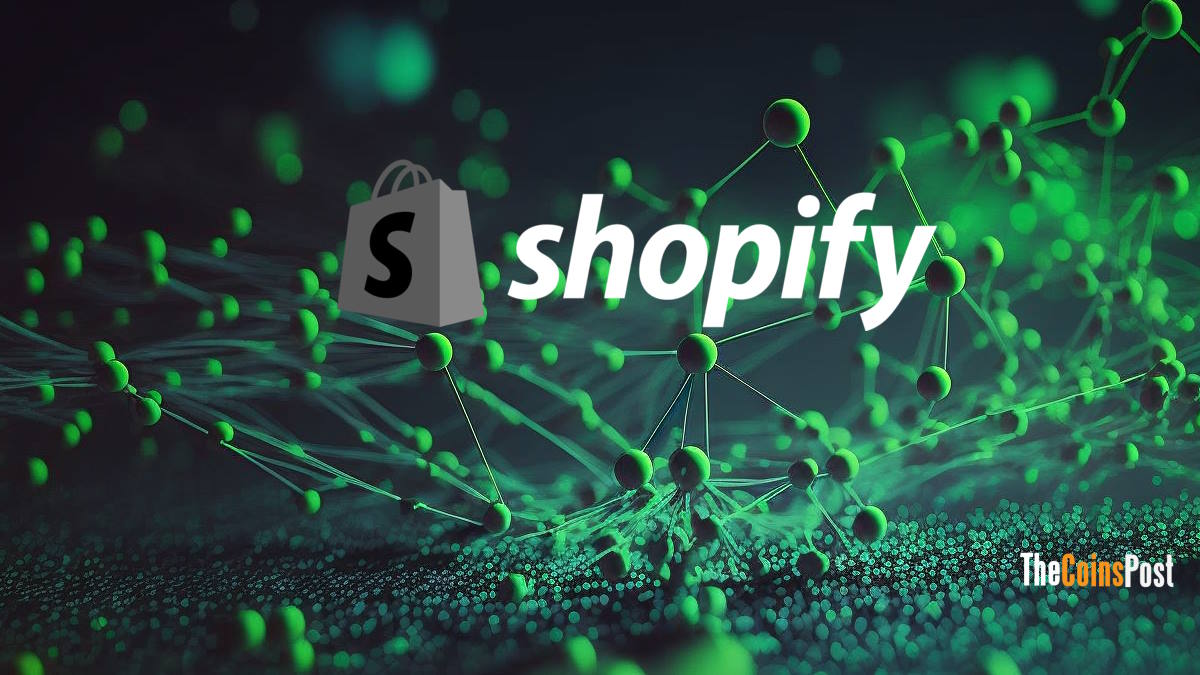Amidst ongoing political and economic instability, Iraq is witnessing a growing interest in harnessing the power of blockchain technology as a catalyst for social change and innovation. As a decentralized and transparent ledger system, blockchain offers promising solutions for a range of applications, including cryptocurrencies, smart contracts, digital identity, and supply chain management.
However, the adoption of blockchain in Iraq faces significant hurdles, both technical and legal. Challenges on the technical front include frequent power outages, limited internet penetration, and inadequate infrastructure, hindering widespread access and usability of blockchain platforms. On the legal side, Iraq lacks a comprehensive regulatory framework for blockchain and cryptocurrencies, leading to uncertainties and risks for users and developers.
According to a recent Deloitte report, Iraq ranks among the countries with the lowest level of blockchain readiness in the Middle East, primarily due to weak institutions, limited innovation capacity, and high political risk. The report emphasizes the need for regulators, including central banks, to embrace cryptocurrencies and work towards developing a suitable regulatory environment that minimizes risks while maximizing opportunities.
With a GDP per capita of $4,452 in 2020, placing it 133rd among 190 countries, Iraq also struggles with financial inclusion, as only 23% of adults hold accounts with financial institutions or mobile money service providers. Blockchain adoption and regulation in the country are still in their early stages.
At present, Iraq lacks specific legislation or authority governing the use of blockchain or cryptocurrencies. The Central Bank of Iraq (CBI) has not provided official guidance on their legal status or treatment, merely cautioning the public about associated risks such as volatility, fraud, money laundering, and terrorism financing.
Nonetheless, efforts are underway to promote blockchain awareness and education in Iraq. The Iraqi Blockchain Society, for instance, organizes events, workshops, and hackathons to introduce blockchain concepts and use cases to the public. Some notable blockchain projects have also emerged, including ZainCash, a mobile wallet utilizing blockchain technology for secure money transfers, and Taqanu, a digital identity platform aimed at providing banking services to refugees and displaced individuals.
However, these initiatives encounter various obstacles, such as censorship, hacking, and violence. During the protests in 2019 and 2020, activists turned to blockchain platforms like Ethereum and Steemit to document human rights violations, only to face cyberattacks allegedly orchestrated by pro-government forces with external support.
The potential of blockchain to improve Iraq’s social and economic conditions is evident, but it requires a supportive and enabling environment to flourish. This necessitates collaboration and dialogue among the government, civil society, private sector, and international partners to develop a legal framework that recognizes and regulates blockchain technology transparently and fairly. Investments in infrastructure, education, and security are also crucial to ensure accessible, reliable, and secure blockchain platforms for all users.
Iraq must prioritize the development of clear and comprehensive legislation on blockchain to address challenges and risks while promoting the growth and adoption of this transformative technology. Such legislation should define the legal status of blockchain and digital assets, establish rights and obligations of users and regulators, provide guidelines for security, privacy, and compliance, and create incentives and support mechanisms for innovation and education.
By embracing blockchain and enacting appropriate legislation, Iraq has the potential to harness the transformative power of this technology, enhancing its economic, social, and political landscape and positioning itself as a regional leader in the blockchain revolution.





